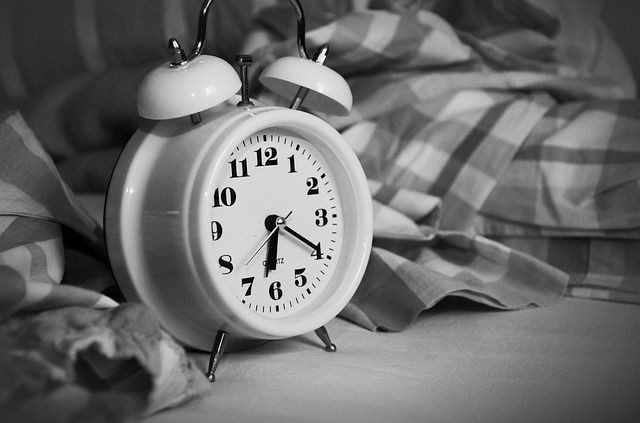Want A Happy Marriage? Get A Good Night's Sleep

A good night’s sleep may help keep the marriage counselor away, suggests a recent study published in the Journal of Family Psychology.
Florida State University researchers recruited 68 newlywed couples to jot down how much sleep they got each night as well as how satisfied they felt about the marriage and about specific interactions with their partners for up to 7 days in a row. On nights when couples slept longer than usual, the researchers found, both husbands and wives reported greater marital satisfaction the day after. Longer bouts of sleep also appeared to dull the impact that specific negative experiences with a partner — such as having a fight over chores — had on overall satisfaction, though only for husbands.
“The universality of our findings is important,” lead author and FSU graduate student Heather Maranges said in a statement. “That is, we know all people need sleep. Regardless of the stage at which a couple is in their relationship or the cultural context in which they're embedded, each member of the couple can be adversely affected by not getting enough sleep.”
Constant sleep deprivation is already known to increase the risk of developing physical health problems such as high blood pressure and Type 2 diabetes. But it can also heavily tax our cognitive resources — a fact that any student who’s pulled an all-nighter right before a big test in the morning should know well. And because even the most perfectly matched of marriages take plenty of mental effort to be successful, the researchers theorized that the quality of sleep we get could influence how we feel about our marriages. Indeed, they noted that as many as one-third of adults married or living together say that sleep problems burden their relationship.
Important as sleep may be to keeping us in high spirits about our marriages, it’s likely not a miracle worker. Couples who slept longer on average weren’t necessarily more satisfied with their marriages than other couples who slept less. That suggests it’s not so much the number of hours couples sleep, but whether the sleep they get is better than normal.
Because the study only looked at newly married, mostly white couples and only kept track of sleep length, Maranges hopes that future research can better pinpoint the relationship between sleep and marital quality. For instance, by using different measurements of sleep quality or interviewing more diverse couples in longer marriages.
Source: The Rested Relationship: Sleep Benefits Marital Evaluations. Journal of Family Psychology. 2016.
Read More:
Love And Marriage: An Attitude Of Gratitude May Hold Key To Marital Bliss, Despite Poor Communication. Read here.
Newlyweds Gut Feelings Predict Whether A Marriage Will Remain Happy. Read here.



























